Guide To The Types Of Kidney Stones
Kidney stones are solid, crystal-like deposits that can form anywhere in the urinary tract. They most often form in the kidneys, and they could develop as a result of dehydration or an excessive amount of certain substances in the urine. Kidney stones are most common in patients who are twenty to fifty years old, and individuals with obesity, inflammatory bowel disease, and hyperparathyroid conditions are at an elevated risk of developing these stones. Patients who have had gastric bypass surgery are also more likely to have kidney stones than individuals who have not had this operation. To diagnose kidney stones, doctors typically perform an ultrasound, urine tests, and blood tests. Depending on the size and location of the stones, they may pass normally through urination. Large stones may require removal with tunnel surgery or a lithotripsy procedure.
The major types of kidney stones are described below.
Calcium Oxalate Stones
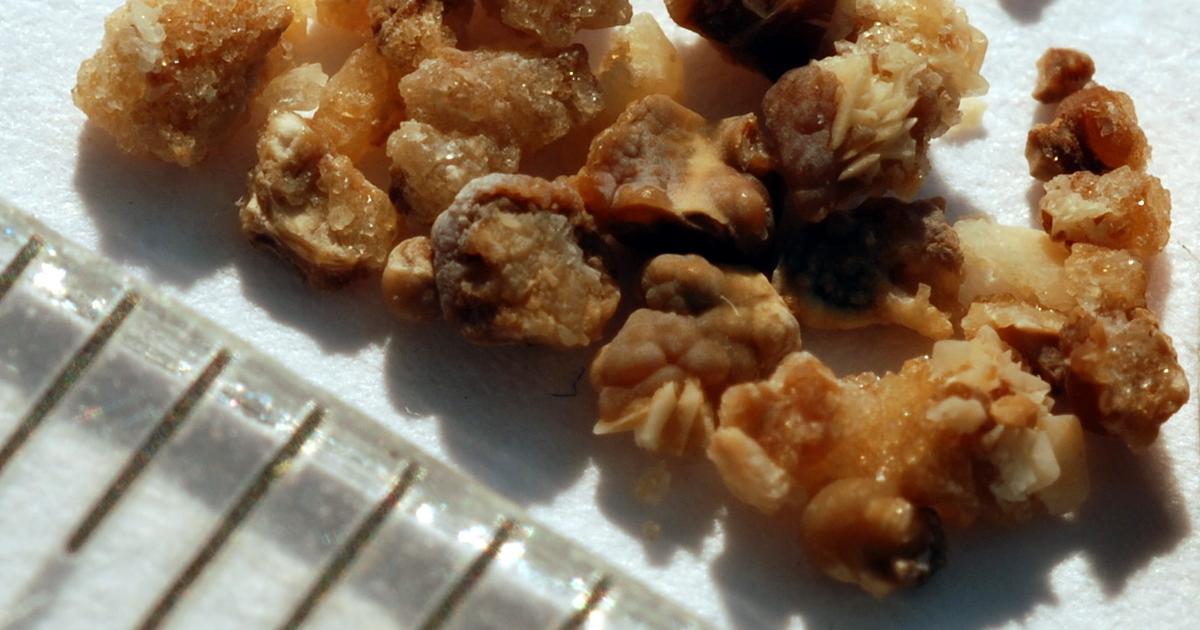
Calcium stones are the most common type of kidney stones, and these stones are usually formed of calcium oxalate, a naturally occurring substance found in many foods, and it is manufactured by the liver each day. Calcium oxalate stones form if there is an excessive amount of calcium oxalate in the urine. Gastric bypass surgery, metabolic disorders, large doses of vitamin D, and dietary choices could all increase the risk of this type of stone. Patients at a high risk of calcium oxalate stones may be advised to monitor and reduce their intake of foods high in oxalate, which include potato chips, beets, bran flakes, nuts, nut butters, rhubarb, and French fries. Most vegetables naturally have some calcium oxalate in them, so it is virtually impossible to eliminate this substance from the diet. While controlling oxalate is important, doctors advise that patients at high risk for kidney stones also increase dietary calcium intake to prevent stone formation.
Keep reading to learn more about the various types of kidney stones now.
Calcium Phosphate Stones
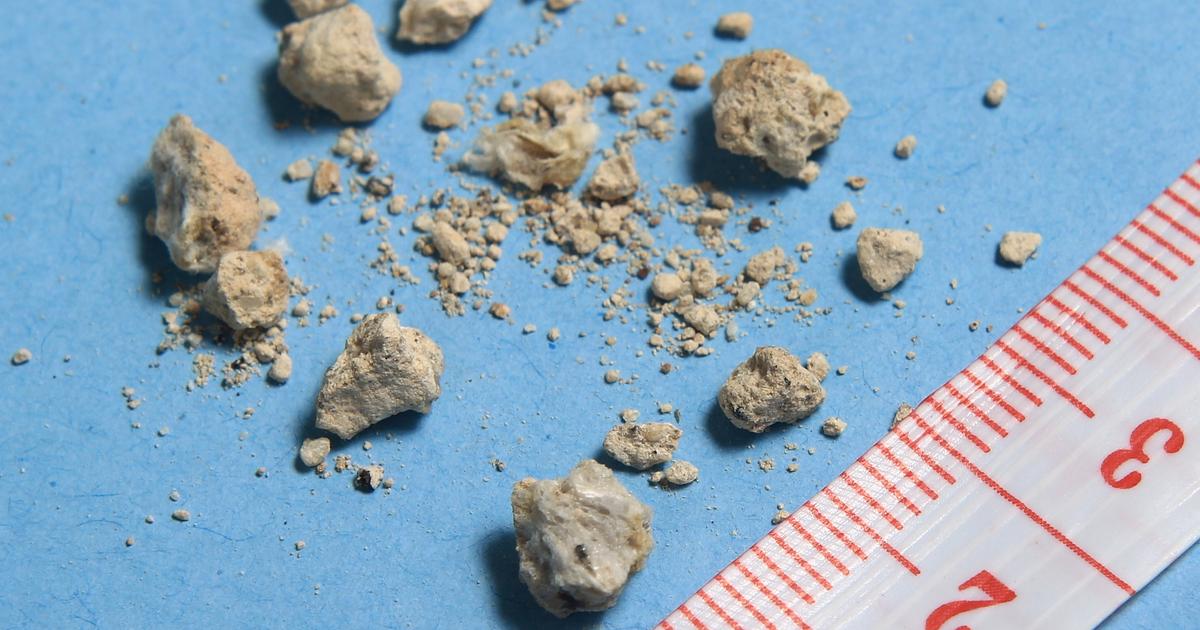
Calcium phosphate stones are a less common form of calcium stone. They constitute an estimated ten percent of all kidney stones and an estimated fifteen percent of all calcium stones. Doctors believe a high urine pH is one of the major causes of calcium phosphate stones. Some individuals with these types of stones have pre-existing kidney conditions such as incomplete renal tubular acidosis, hypocitraturia (low urinary concentrations of citrate), or distal renal tubular acidosis. Patients who take topiramate and other types of carbonic anhydrase inhibitors for the treatment of epilepsy are more likely to develop calcium phosphate stones. Individuals who have migraines are believed to be at an elevated risk of these stones as well. To treat calcium phosphate stones, doctors recommend increasing urinary volume and restricting sodium intake to reduce the amount of calcium excreted through the urine. Supplementation with citrate is advised as well.
Get more details on the different types of kidney stones now.
Uric Acid Stones
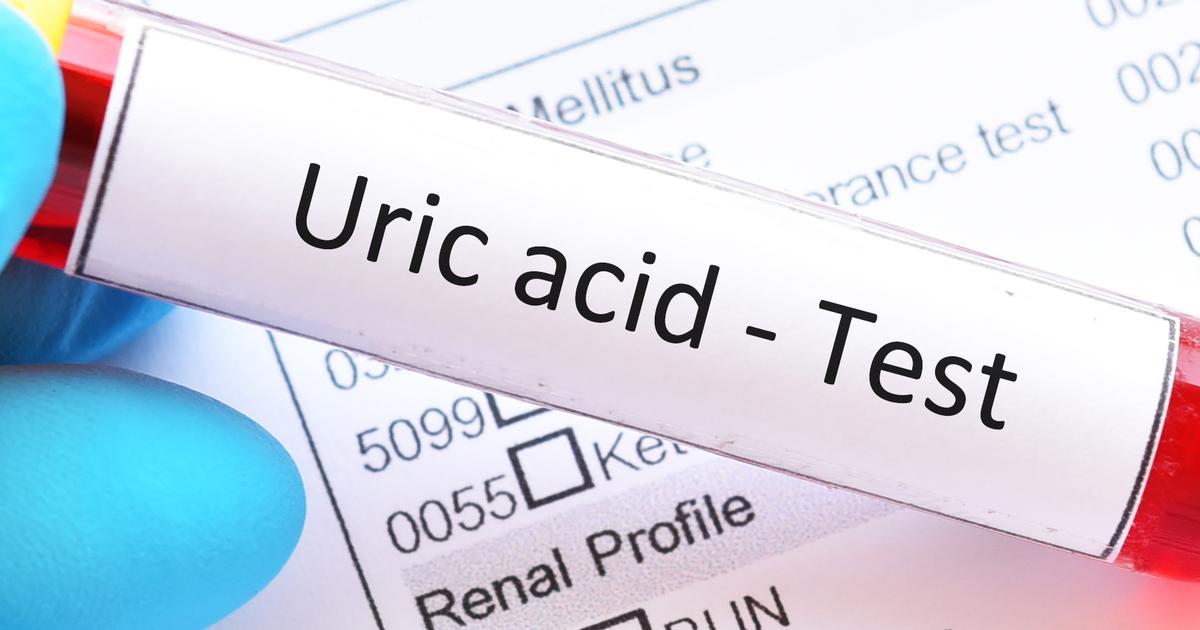
Uric acid stones are composed of uric acid, and they develop in cases of elevated uric acid levels in the urine. These stones can also form when the urine is too acidic and has a pH of less than 5.5 regularly. Individuals who are obese or have diabetes are at an increased risk of uric acid stones, and patients who are currently undergoing or have recently undergone chemotherapy are at an elevated risk too. Gout patients are more likely to develop uric acid stones than those without this condition. While diet alone is not the cause of uric acid stones, individuals prone to getting these types of stones may be advised to limit their intake of purine, a substance found in animal products, including eggs, beef, chicken, pork, and fish. Patients may be advised to limit their intake of animal products to reduce the risk of uric acid stones. Organ meats such as liver contain particularly high amounts of purine, so patients are generally advised to reduce or eliminate their intake of these. Individuals at high risk for uric acid stones should also ensure they get enough fluids; dehydration is a major cause of these types of stones as well.
Read more about the various types of kidney stones now.
Struvite Stones
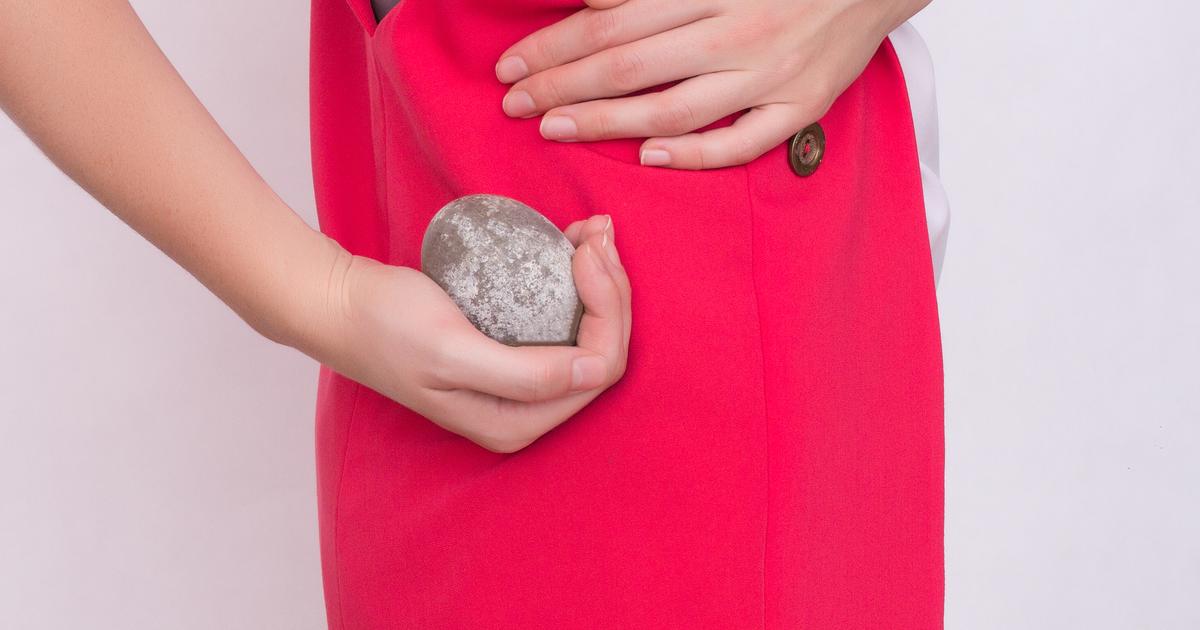
Struvite is a mineral manufactured by the bacteria in the urinary tract. Struvite stones are relatively rare, and they form as a result of an underlying infection. In many cases, they may occur as a complication of a urinary tract infection, and female patients are more likely to develop them than male patients. Struvite stones can be prevented by treating any underlying infections promptly. If the stones do form, they usually grow at a rapid pace, and they may become so large that they block the kidneys or bladder and lead to urinary obstruction. Individuals with these types of stones will often experience pain, and fever, chills, and nausea could occur as well. Additionally, blood might be present in the urine. Some patients with struvite stones display few symptoms, and the stones could form with little warning. Lithotripsy and percutaneous nephrolithotomy can be used to break up large struvite stones.
Learn more about the major types of kidney stones now.
Cystine Stones
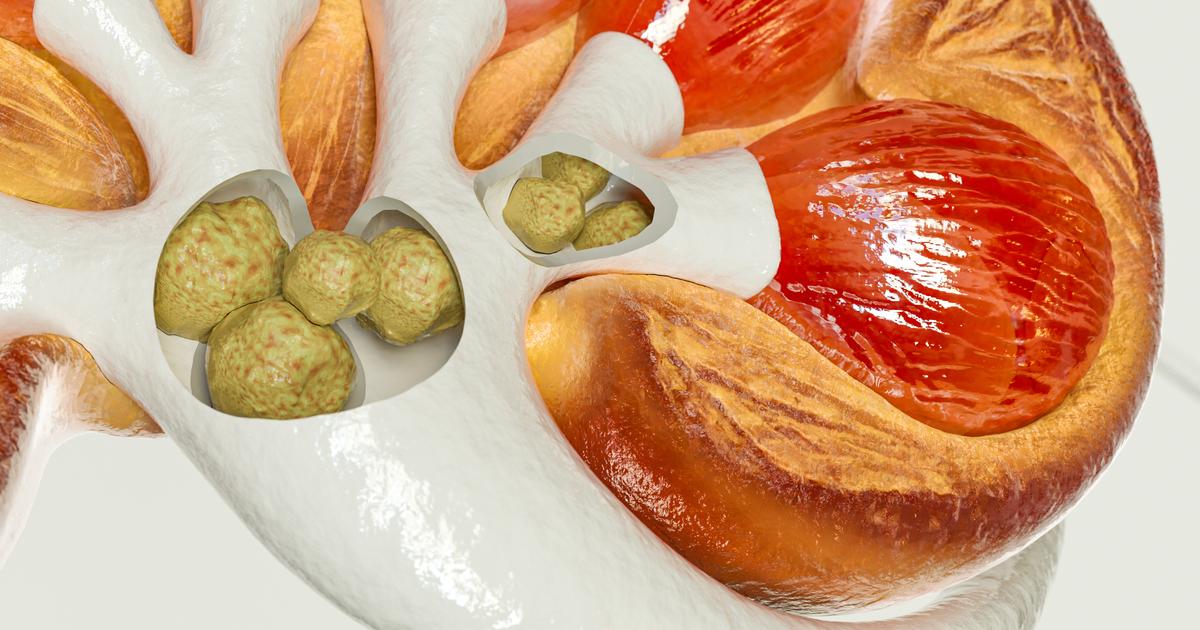
Cystine is a naturally occurring amino acid. Cystine stones are the rarest form of kidney stone, and these stones form in patients who have a genetic condition known as cystinuria. This condition causes an accumulation of excess cystine within the kidneys, and the excess leads to the formation of cystine stones. Both of a child's parents must have the particular genetic alteration associated with this condition for the child to have cystinuria; it cannot be inherited if only one parent has the alteration. Alterations in the SLC3A1 and SLC7AD genes trigger this condition. Patients are often diagnosed with cystinuria when tests are performed on existing kidney stones during treatment. Additional diagnostic testing procedures could include twenty-four-hour urine collection, an abdominal CT scan, and an intravenous pyelogram. Patients with cystinuria usually have repeated episodes of cystine stone formation. To reduce the recurrence of stones, doctors advise that sodium intake is limited to less than two thousand milligrams per day. Increasing urinary pH can make it easier for cystine to dissolve, and patients may be given alkalinizing agents to help with this. Chelating agents might be recommended to help dissolve cystine stones.
